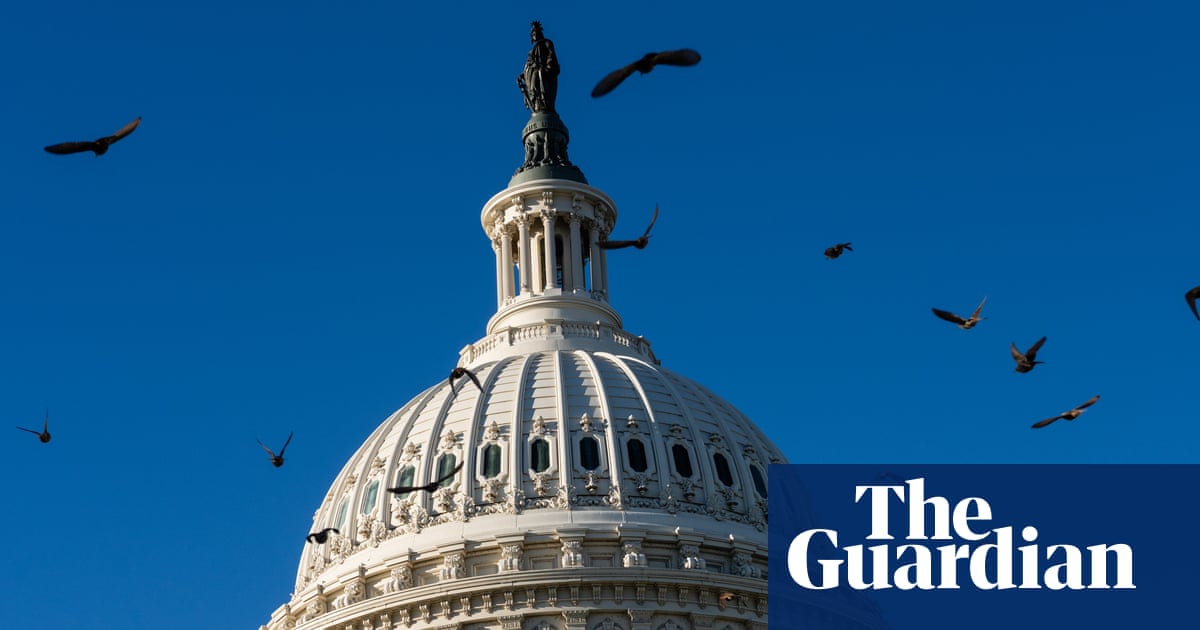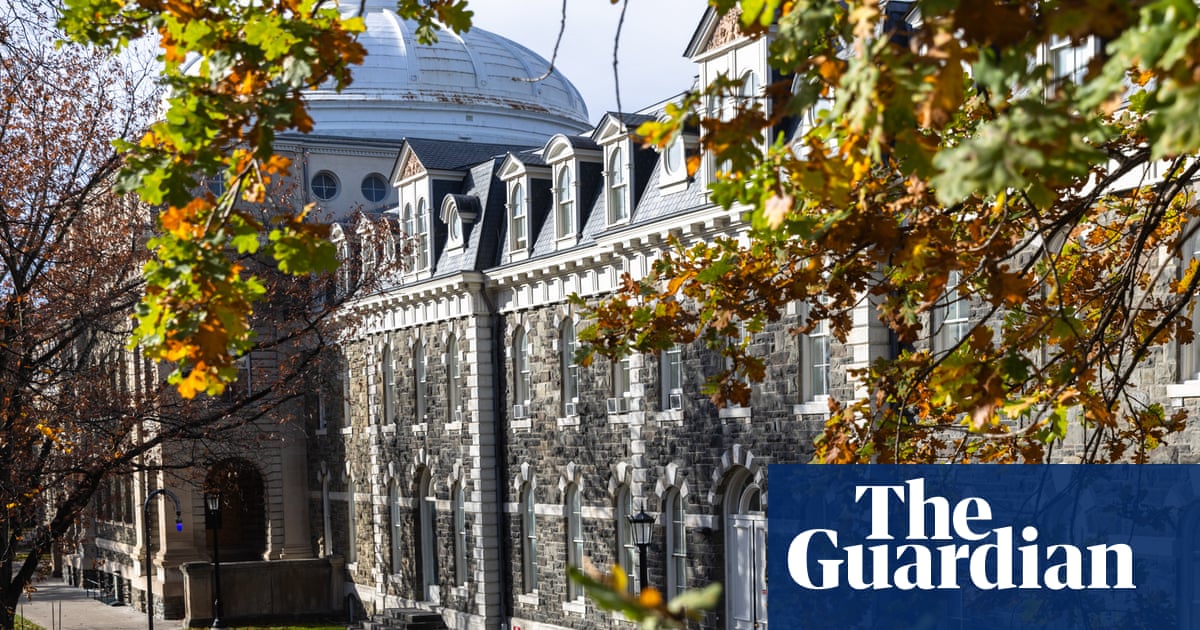The government has announced it will lower the voting age to 16 for all UK elections in time for the next general election. In 1969, the UK became the first major democracy in the world to lower the voting age from 21 to 18. Few people knew what to expect from this change.
Things are different now. In places such as Austria, Argentina and Brazil, as well as parts of Germany and, in the UK, Wales and Scotland, 16- and 17-year-olds are already allowed to vote in some or all elections.
We can learn a lot from these places about what happens when 16- and 17-year-olds get the vote. My colleagues and I have spent years researching this, and our main finding is simple: nothing bad happens when the voting age is lowered to 16.
Including 16- and 17-year-olds in the electorate does not change election outcomes and it does not make elections less representative. Sixteen- and 17-year-olds are just as qualified to vote as other voters. Research from Germany and Austria shows that they are able to pick a political party or representative that best represents their views to the same extent as other, slightly older voters.
But some things may get better for young people and for democracy overall, especially if young people are taken seriously as voters and receive good education on political issues. Here is what to expect when 16- and 17-year-olds get to vote in the UK general election.
Higher turnout among the youngest first-time voters
When 16- and 17-year-olds get to vote at the next UK election, expect them to turn out in about the same numbers as other voters, and slightly more often than other first-time voters (those aged 18 to 20).
In Austria, Latin America, Scotland, Wales and German federal states that lowered the voting age to 16, my colleagues and I consistently find that, when allowed to vote, 16- and 17-year-olds turn out at higher rates than young people who were enfranchised at age 18.
Younger people who are in full-time education and often still live at home can make for better, more engaged first-time voters compared with 18- to 20-year-olds, who often experience their first election in a highly transitory phase of their lives, while moving out of the parental home, taking up work or further education.
No major changes to election outcomes
A lower voting age is unlikely to change election outcomes. Sixteen- and 17-year-olds make up between 1.5% and less than 5% of the population in constituencies across the UK. They will have a very small impact on vote shares – and only in the most extreme (and improbable) scenario that all 16- and 17-year-olds turned out to vote and decided to vote in the same way.
Those who say that lowering the voting age to 16 is Labour’s move to secure more votes at the next general election might be mistaken. Young people as a group have diverse political attitudes; they do not all vote for the same political parties. In Brazil, young people voted quite similarly to other age groups in the 2022 presidential election and in Austria, where young people have been enfranchised since 2007, the inclusion of 16- and 17-year-olds in the electorate did not change the political landscape.
Even for marginal elections, such as Scotland’s 2014 referendum on independence, my colleague Jan Eichhorn from the University of Edinburgh showed that the inclusion of 16- and 17-year-olds did not change the outcome of the referendum as the youngest first-time voters cast their votes in diverse ways.
Any political party can win the support of first-time voters. To do so, political parties have to engage with young people and offer attractive policy proposals.
We might also see the media show more younger voters in their reporting. In 2014, BBC Scotland raised the visibility of 16- and 17-year-olds by creating a diverse panel of young first-time voters, who provided input into political programmes, appeared on shows and were among the audience in the final referendum TV debate.
Young people who are allowed to vote also influence the adults in their lives. If young people are allowed to participate in elections at 16 and 17, when most are still living at home with their parents, they have the potential to shape political discussions within the family or household. In an ageing society, dinner-table conversations about political issues and across generations can be a good outcome.
A potentially stronger democracy
In the longer term, including 16- and 17-year-olds in the electorate might make democracy more resilient. In Austria and Latin America, young people who were enfranchised at 16 or 17 were more satisfied with democracy and democratic institutions – parliament or political parties.
The lowering of the voting age also provides an opportunity to address inequalities in who participates in elections. Across all ages we see stark differences in who turns out to vote and who does not. After the lowering of the voting age in Scotland, however, we found 16- and 17-year-olds to be equally engaged with elections, regardless of their social background.
Schools and colleges play a crucial role in compensating for the lack of parents or peers to get young people voting. Good and statutory education for all young people makes a big difference for democracy in the long term. Austria has done well in coupling the lowering of the voting age with a big reform of and investment in civic and citizenship education. In Scotland, young adults who remembered taking classes in school in which political issues were discussed were more likely to turn out in elections throughout their 20s.
-
Christine Huebner is a lecturer in quantitative social sciences at the University of Sheffield
-
Do you have an opinion on the issues raised in this article? If you would like to submit a response of up to 300 words by email to be considered for publication in our letters section, please click here.

 3 months ago
159
3 months ago
159

















































